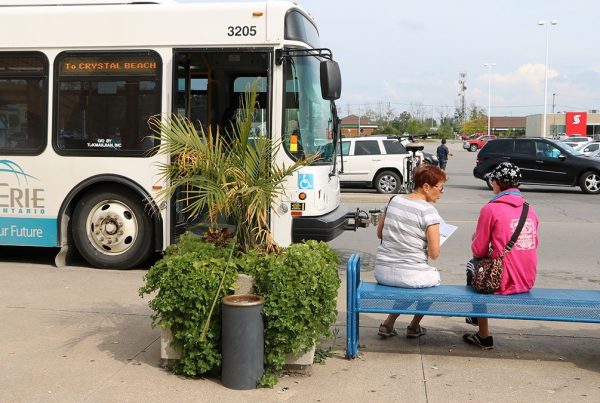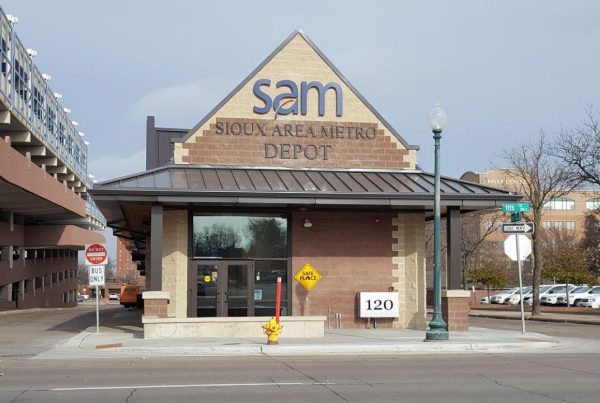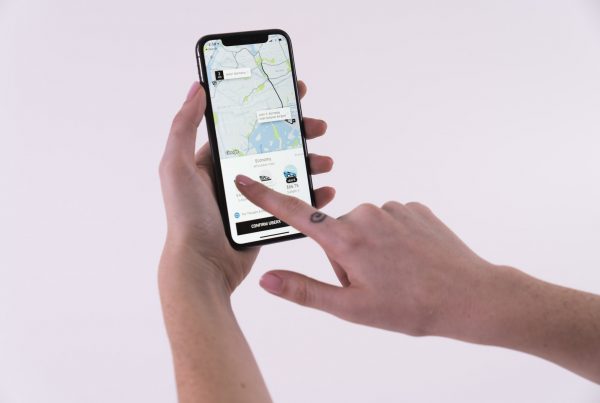Non-emergency medical transportation (NEMT) did not escape the craziness that was 2016; the industry last year saw stories of maligned brokerages, fraudulent companies, regulatory conflicts and technological disruption. All of which impact providers of transportation as they look forward into the new year, lets look back on these events and trends to prepare for what will certainly be an interesting 2017.
First of all the NEMT brokerage industry has had a few major shake ups this year. There has been the usual march of civil rights complaints and other court results from LogistiCare, as well as a very recent step down of their CEO. This all might have some impact on the USA’s largest NEMT brokerage. More major changes are coming in 2017, as brokerage contracts for multiple states are up for grabs as they put out Requests for Proposals, those states include: Indiana, Mississippi, Virginia, Connecticut, Georgia and South Carolina. New state-wide brokerage contracts means a world of change for transport providers as they could be forced to make alterations to their operations or processes. It could also mean more or less money for trips as brokers alter their payment schemes in order to secure the winning bid.
 A change in NEMT brokerage contracts has happened recently and dramatically in the state of Idaho. In early 2016 when a competitive bidding process resulted in Veyo, taking over from the incumbent Access2Care. This put the the state’s NEMT service providers in an interesting position of learning to deal with an entirely different broker, which managed nearly 100% of trips for Medicaid in Idaho NEMT in July 2016. Some providers went out of business, others made websites complaining about Veyo, many other providers adopted new transportation management technology.
A change in NEMT brokerage contracts has happened recently and dramatically in the state of Idaho. In early 2016 when a competitive bidding process resulted in Veyo, taking over from the incumbent Access2Care. This put the the state’s NEMT service providers in an interesting position of learning to deal with an entirely different broker, which managed nearly 100% of trips for Medicaid in Idaho NEMT in July 2016. Some providers went out of business, others made websites complaining about Veyo, many other providers adopted new transportation management technology.
Speaking of new technology, through 2016 there have been a slew of technology entrants into the NEMT market. Large technology companies like Uber, Lyft, and other start-ups have partnered with providers, state governments and hospital systems to leverage the growing fleets of Transportation Network Companies (TNCs) to provide NEMT service. This has significance especially for traditional providers that rely heavily on ambulatory or wheelchair services, as those will be the first to be poached by fleets of contracted drivers. It is a bit of a crapshoot if these pilot projects and partnerships will have an impact on the industry as a whole, at least for now with this trend in its infancy stages. If anything new entrants are an opportunity for other providers to realize that their service could be performed in new ways.
 A third trend that merits a close eye is from government interference. It is not controversial to say that American NEMT would not be the industry it is today without the billions of federal government spending that are poured into it every year. NEMT is also heavily regulated and controlled by state level authorities. In the wake of the Affordable Care Act in the past couple of years many states have been continuing to seek and apply for waivers from the Centers for Medicare and Medicaid Services to limit the amount of eligible recipients for non-emergency medical transportation. Iowa in November 2016, for instance has received approval to not extend NEMT service to over 140,000 low-income Iowans. In the same month the state of Indiana also had its waiver request approved by the CMS. The political changes that have occurred in 2016 means that both the federal and state level climate that NEMT has existed in will change. With a new leadership in the White House, the expansion and protection of NEMT eligibility might begin to be scaled backwards in states that request it, meaning that there could be more states like Iowa and Indiana that avoid growing eligibility. This would not be the end of the world for the industry. The number of people who actually need medical transport is growing, demographics are on the side of service providers, for now.
A third trend that merits a close eye is from government interference. It is not controversial to say that American NEMT would not be the industry it is today without the billions of federal government spending that are poured into it every year. NEMT is also heavily regulated and controlled by state level authorities. In the wake of the Affordable Care Act in the past couple of years many states have been continuing to seek and apply for waivers from the Centers for Medicare and Medicaid Services to limit the amount of eligible recipients for non-emergency medical transportation. Iowa in November 2016, for instance has received approval to not extend NEMT service to over 140,000 low-income Iowans. In the same month the state of Indiana also had its waiver request approved by the CMS. The political changes that have occurred in 2016 means that both the federal and state level climate that NEMT has existed in will change. With a new leadership in the White House, the expansion and protection of NEMT eligibility might begin to be scaled backwards in states that request it, meaning that there could be more states like Iowa and Indiana that avoid growing eligibility. This would not be the end of the world for the industry. The number of people who actually need medical transport is growing, demographics are on the side of service providers, for now.
2017 will bring new brokers, new competition and new political inputs that will shake up markets and businesses across the country. As ever, the savvy NEMT companies that can provide efficient, reliable and scalable services will thrive, as will those that can use change to grasp more market share. We are looking forward to working with those companies and with our current clients to navigate these tumultuous times, and would like to hear from others involved in the industry, what are you looking forward to in non-emergency medical transport in this new year?
CREDITS
Image 1: Justin S. Campbell – Flickr
Image 2: joellevand – Flickr
Image 3: Matthias Rhomberg – Flickr




